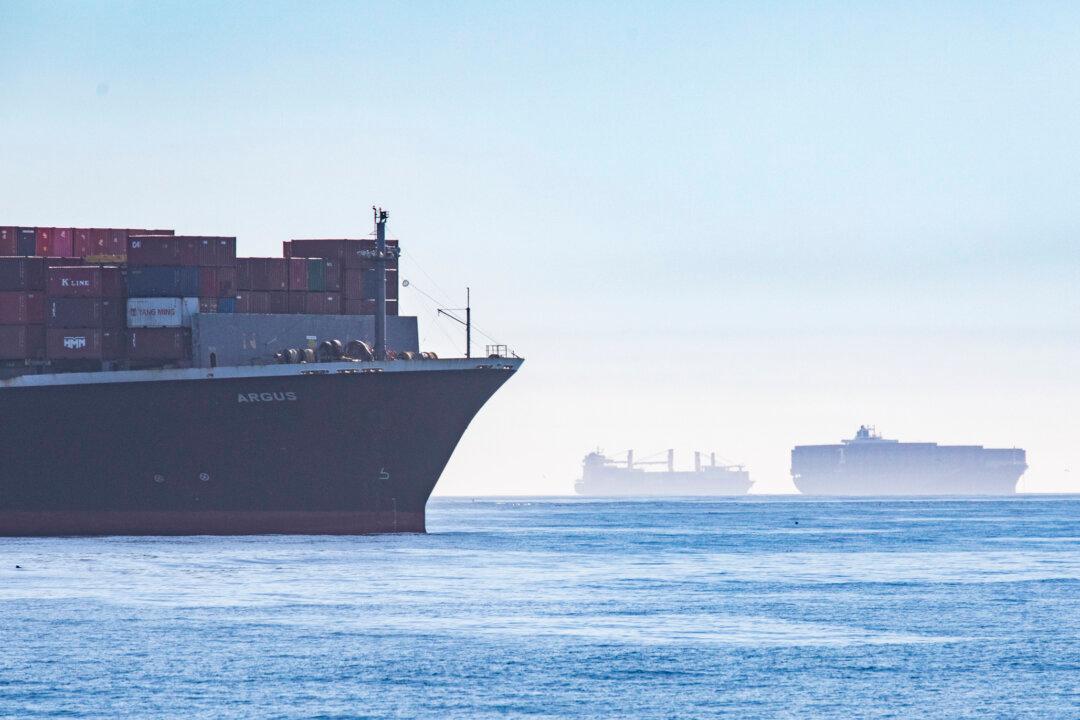A decision by the Organization of Petroleum Exporting Countries (OPEC) during its Nov. 4 meeting to increase foreign oil and gas imports may bring more oil tankers to the already overloaded ports of Los Angeles and Long Beach, officials say.
“Clearly there will be a significant increase in tanker traffic at all ports—and even an additional handful of ships at the crowded SoCal ports will add to the huge backlog,” Tim Stewart, spokesman for the U.S. Oil and Gas Association, told The Epoch Times via email.





